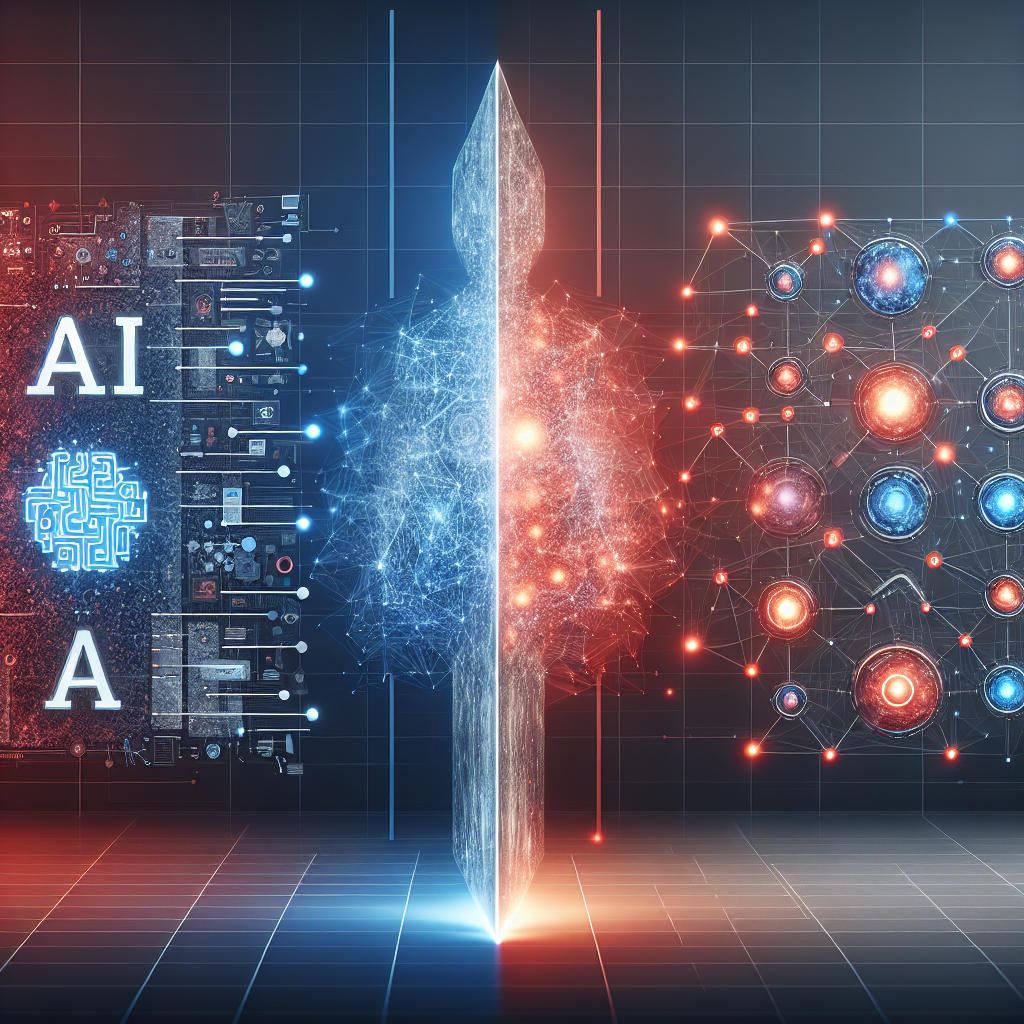Artificial Intelligence (AI) has been one of the most rapidly advancing technologies in recent years. From self-driving cars to virtual assistants, AI has become an integral part of our daily lives. However, there is a growing interest in a more advanced form of AI known as Artificial General Intelligence (AGI). In this article, we will explore the differences between AI and AGI, the advancements in AI technology, and the implications of AGI for the future.
AI vs. AGI: Understanding the Differences
AI refers to machines that are programmed to perform specific tasks that normally require human intelligence, such as speech recognition, decision-making, and problem-solving. AI systems are designed to learn from data and improve their performance over time. Examples of AI include virtual assistants like Siri and Alexa, recommendation systems like Netflix’s algorithm, and self-driving cars.
On the other hand, AGI refers to machines that have the ability to understand and learn any intellectual task that a human being can. AGI systems are not limited to specific tasks or domains, but can adapt to new situations and learn new skills on their own. While AI is specialized and narrow in its capabilities, AGI is general and broad in its abilities.
Advancements in AI Technology
Over the past few years, there have been significant advancements in AI technology that have pushed the boundaries of what machines can do. One of the key developments in AI has been the rise of deep learning, a subset of machine learning that uses neural networks to mimic the way the human brain works. Deep learning has been instrumental in enabling machines to recognize patterns in data, make predictions, and even generate new content.
Another major advancement in AI technology has been the development of reinforcement learning, a type of machine learning that uses a reward system to train algorithms to make decisions. Reinforcement learning has been used to teach AI systems to play complex games like chess and Go at a superhuman level, as well as to optimize systems in fields like finance and healthcare.
In addition to deep learning and reinforcement learning, there have been advancements in natural language processing (NLP), computer vision, and robotics. NLP has enabled machines to understand and generate human language, while computer vision has allowed machines to interpret and analyze visual data. Robotics has enabled machines to interact with the physical world, performing tasks like picking and packing in warehouses.
Implications of AGI for the Future
While AI has already had a significant impact on society, the development of AGI could have even greater implications for the future. AGI systems could potentially outperform humans in a wide range of tasks, leading to increased automation and job displacement. However, AGI could also lead to new opportunities and innovations that are currently beyond our imagination.
One of the key challenges of AGI is ensuring that these systems are safe and aligned with human values. AGI systems could have unintended consequences if they are not properly designed and controlled. Researchers and policymakers are working to develop ethical guidelines and regulations to ensure that AGI is used responsibly and for the benefit of society.
FAQs
Q: What is the difference between AI and AGI?
A: AI refers to machines that are programmed to perform specific tasks, while AGI refers to machines that have the ability to understand and learn any intellectual task that a human can.
Q: What are some examples of AI?
A: Examples of AI include virtual assistants like Siri and Alexa, recommendation systems like Netflix’s algorithm, and self-driving cars.
Q: What are some advancements in AI technology?
A: Some advancements in AI technology include deep learning, reinforcement learning, natural language processing, computer vision, and robotics.
Q: What are the implications of AGI for the future?
A: The development of AGI could lead to increased automation, job displacement, and new opportunities and innovations. Researchers are working to ensure that AGI systems are safe and aligned with human values.
In conclusion, AI technology has made significant advancements in recent years, with the development of deep learning, reinforcement learning, and other techniques. The rise of AGI could have profound implications for the future, leading to increased automation, job displacement, and new opportunities and innovations. It is important for researchers and policymakers to work together to ensure that AGI is developed responsibly and for the benefit of society.

